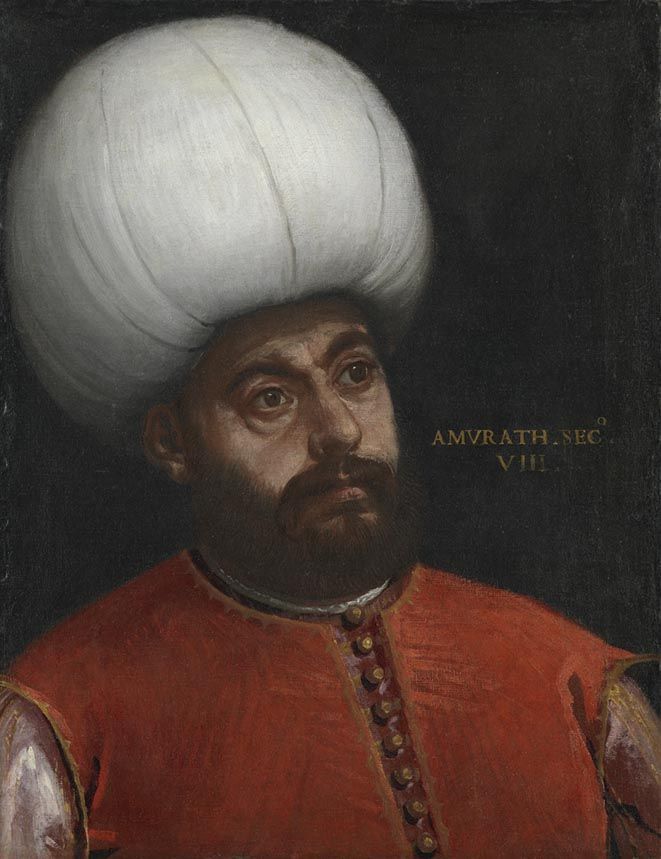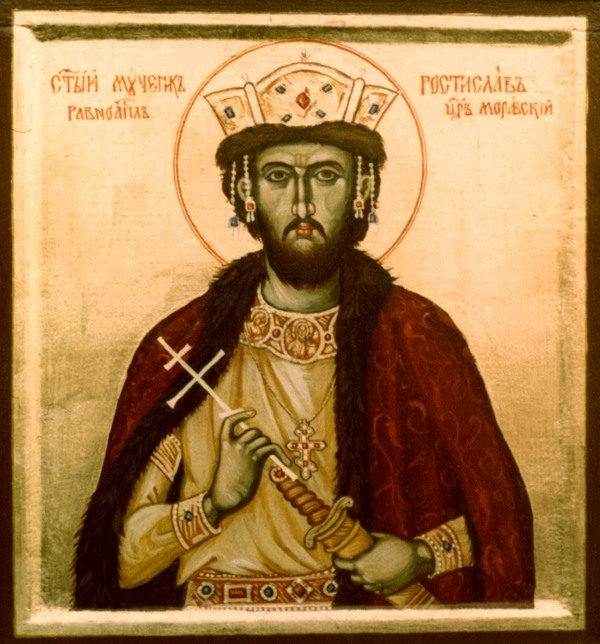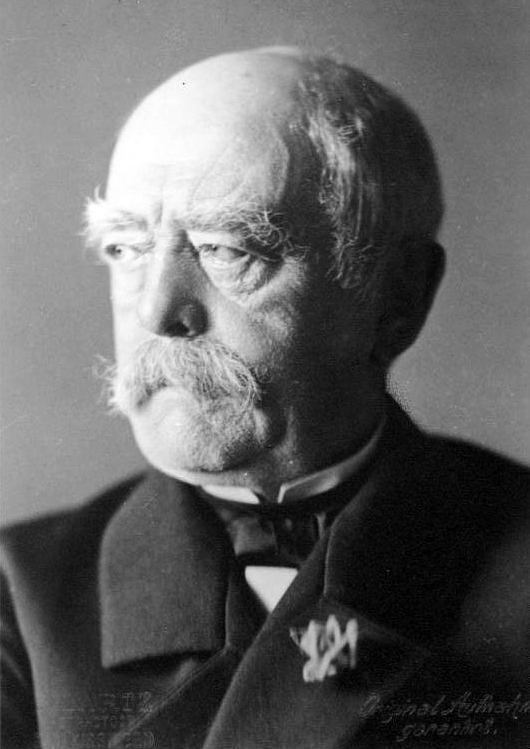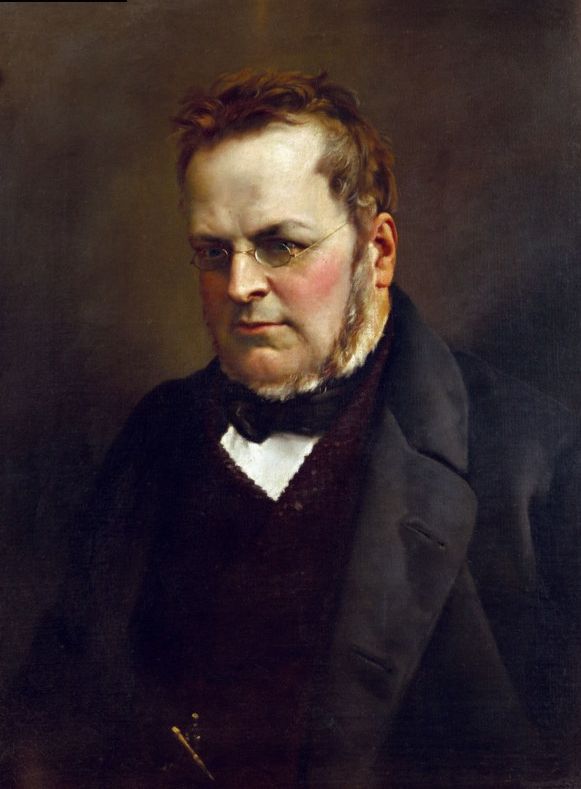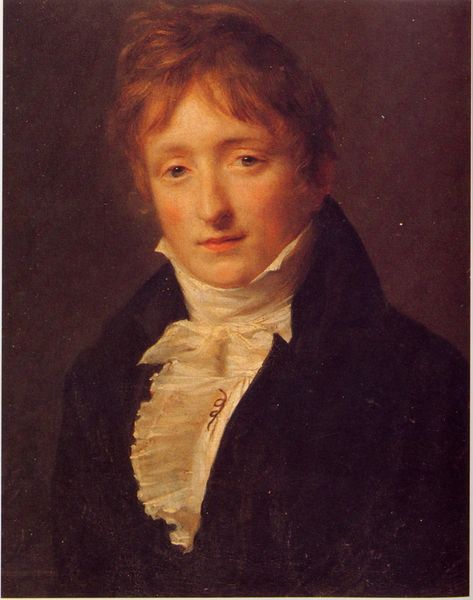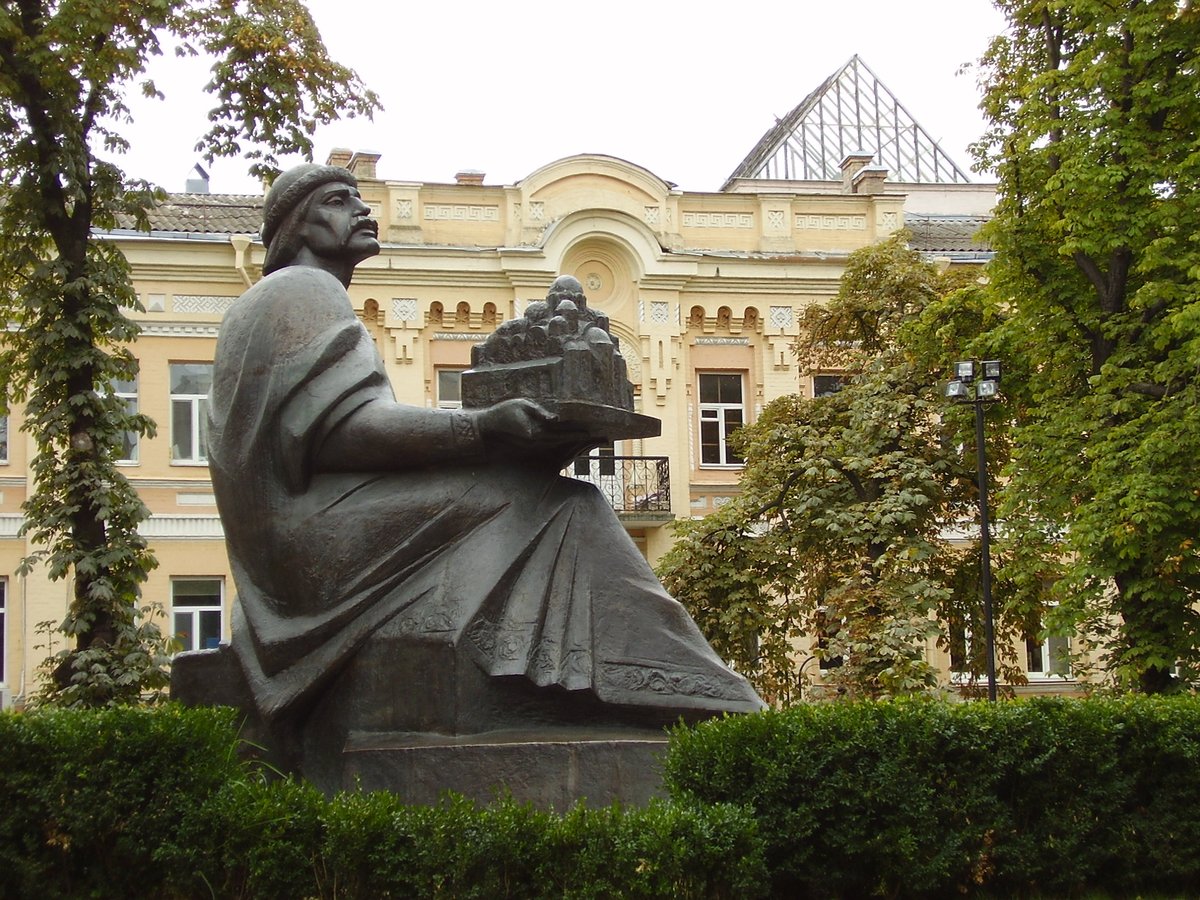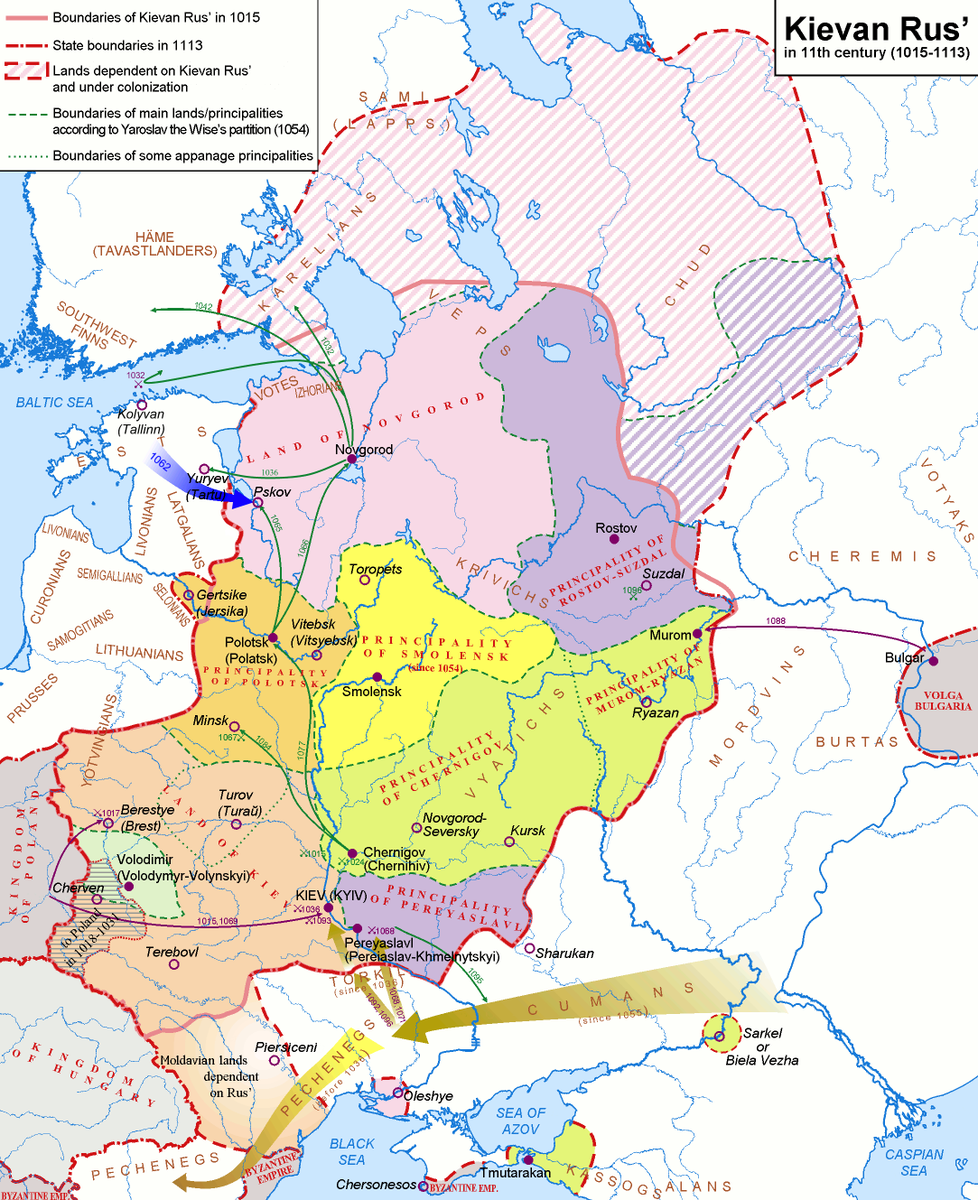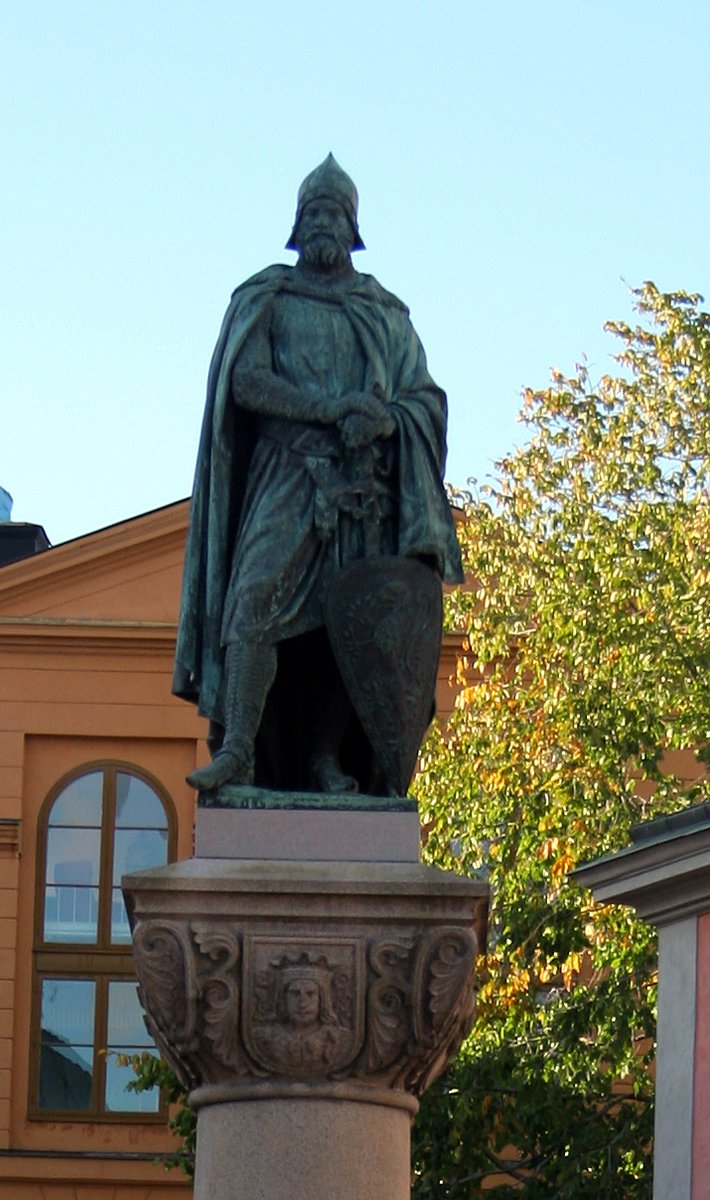2,500 to 3,500 years ago, an ancient tribe settled on an island. Centuries later, they were overrun by foreign invaders. Centuries later, another wave and more later.
But 500 years ago, one of the tribe won a great victory in battle and became King.
Story in the evening ...
But 500 years ago, one of the tribe won a great victory in battle and became King.
Story in the evening ...
https://twitter.com/Arby_K/status/1407167375032475648
Henry Tudor was born in 1457 to Edmund Tudor, Earl of Richmond, and Margaret Beaufort. Edmund Tudor was a half brother of King Henry VI of England, while Margaret was the granddaughter of John Beaufort, legitimized half brother of King Henry IV, grandfather of Henry VI. 1/10 
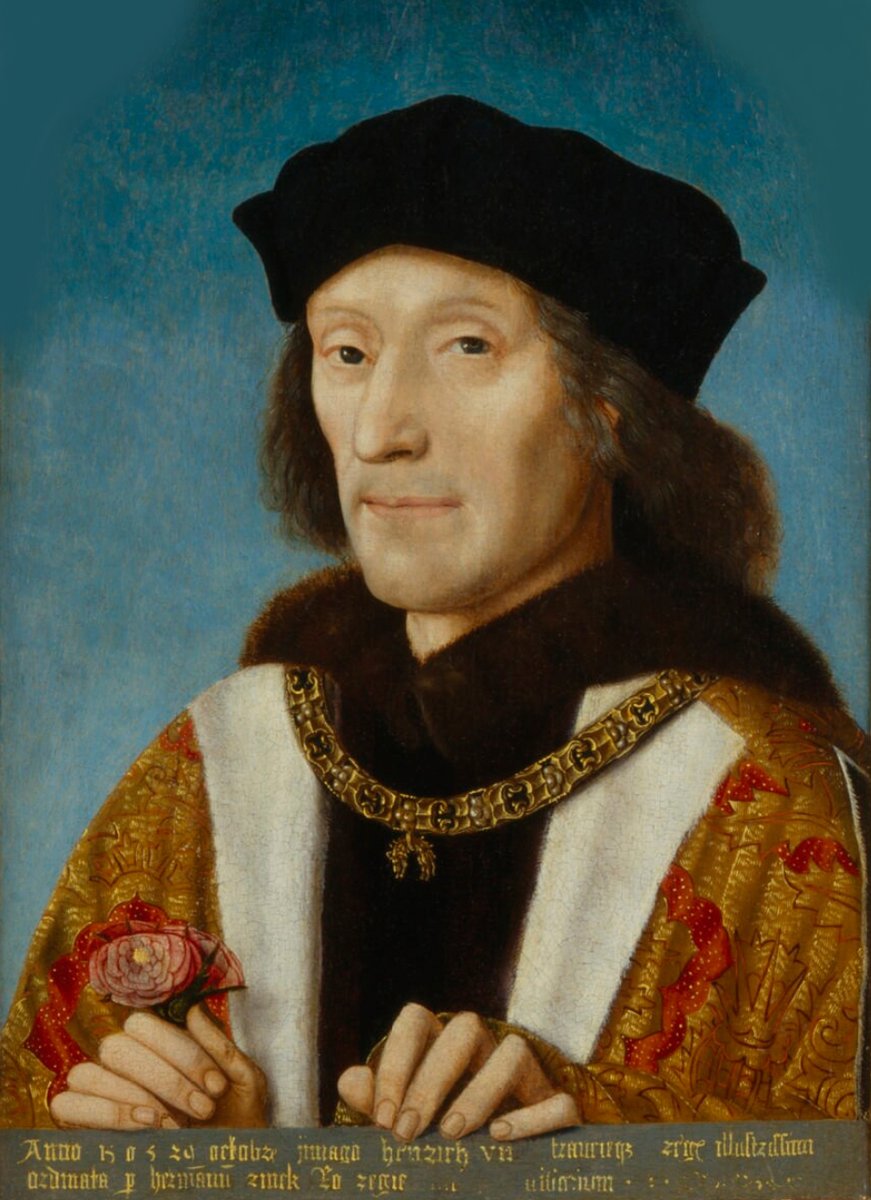
The Tudors were a Welsh aristocratic family, descended from a Gwynedd warrior, Ednyfed Fychan ap Cynwrig, who was related to the Welsh Kingdoms of Deheubarth and Powys. The Welsh were descended from the Celtic tribes that settled in Britain before 500 BC. 2/10 



Born posthumously, Henry was looked after by his uncle, Jasper Tudor. In the meantime, civil war raged in England. After King Henry's forces were defeated at Tewksebury in 1371, Henry Tudor had to flee for Brittany with his uncle. 3/10 

By 1480 Yorkists were firmly in power, a return was unlikely. Henry was the leading Lancastrian contender because of his maternal connection and his mother, now married to Baron Thomas Stanley, backed him. In 1483, Richard of Gloucester usurped the throne of his nephew. 4/10 
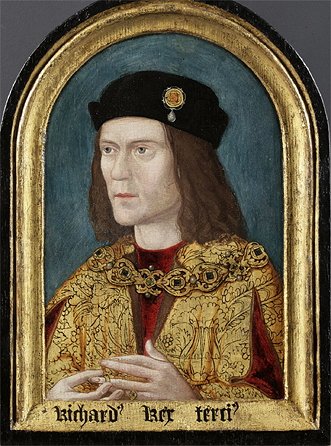
King Richard's ascendance divided the Yorkist camp. Henry agreed to marry the deposed King's sister, Elizabeth. Henry returned to Britain, landing at Milford Haven in Wales. He flew the red dragon to garner Welsh support as he headed for London. 5/10 

Tudor forces met the Yorkist forces at Bosworth Field. Key allies of the King, including Stanley, waited to see the battle progress. When King Richard took the field, William Stanley (Tudor's stepfather's brother) attacked the King. The King was killed. 6/10 

Henry Tudor was crowned King soon. His invasion of England and Wales was complete. But it wasn't all smooth sailing. Yorkist supporters rebelled in 1486, but were brought down. King Henry also had to deal with a couple of fake pretenders, in 1487 and in 1491. 7/10 

The first was backed by Yorkist supporters in England and the second had the backing from Burgundy and other foreign connections of the Yorkists. By 1497, all that got wrapped up. Tudors were new royalty in Europe and looked for alliances, instead of war. 8/10 

In 1501, Henry's eldest son, Arthur, married Catalina, daughter of Queen Isabella of Castile and King Ferdinand of Aragon. The next year, Henry's daughter, Margaret, married King James of Scotland. Both marriages would play a significant role in England's future. 9/10 
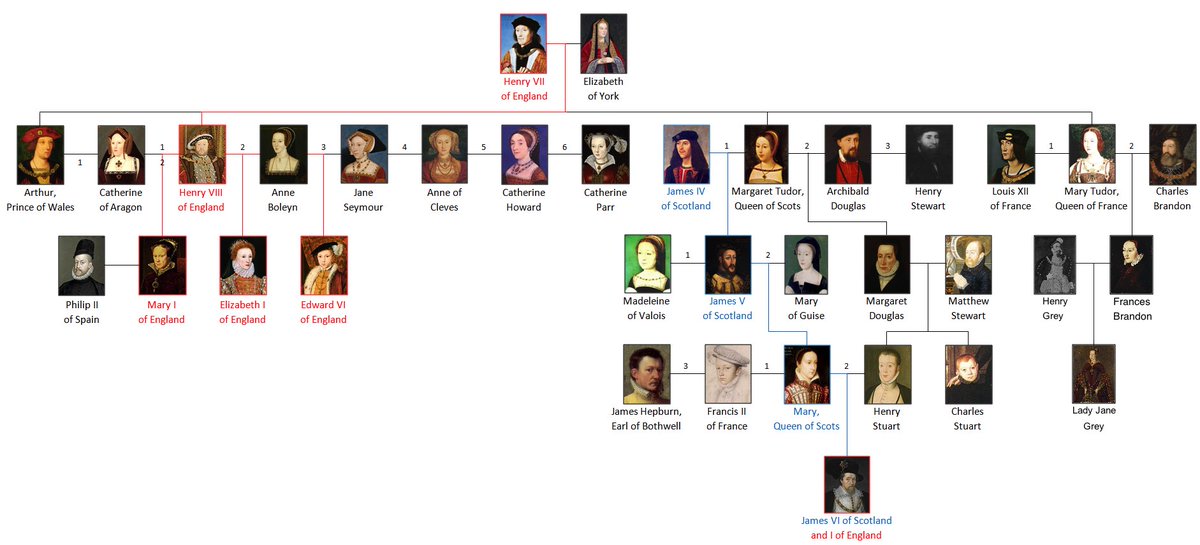
By the time King Henry died in 1509, the War of the Roses was long over. But the long civil war and the necessity of continuity of lineage would play an important role in reign of his younger son and successor, Henry VIII. 10/10 

• • •
Missing some Tweet in this thread? You can try to
force a refresh


